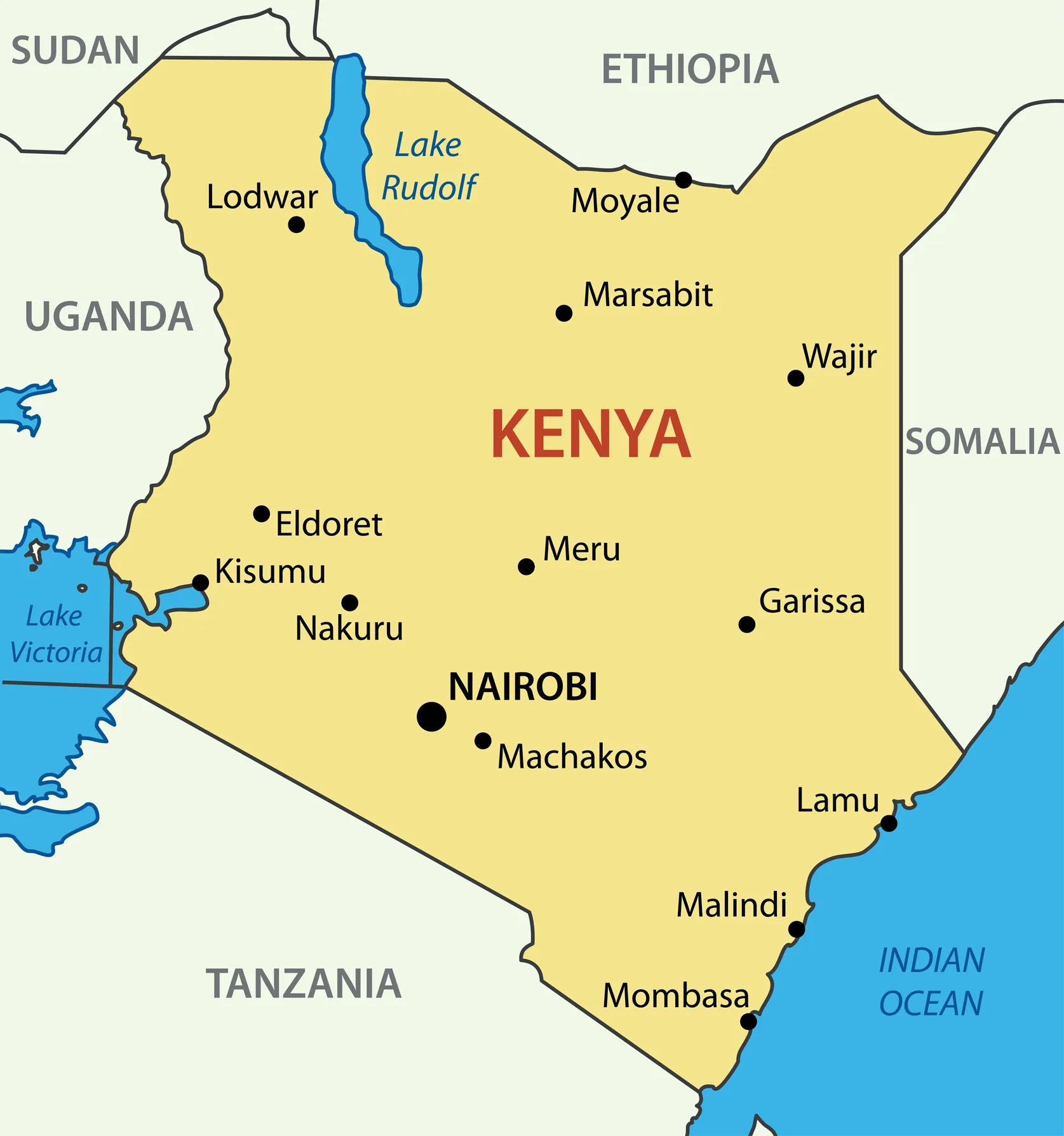Kenya's road system will benefit from an additional grant worth €148.4 million from the EU.
February 28, 2012
Read time: 1 min
Kenya's road system will benefit from an additional grant worth €148.4 million from the 3287 EU. The Kenyan authorities will use the sum for a number of key highway projects. The Roads and Transport department will use €90 million for improvements to a 122km stretch of the Merille-Marsabit road. Other portions will be used for sector policy studies and technical assistance.







